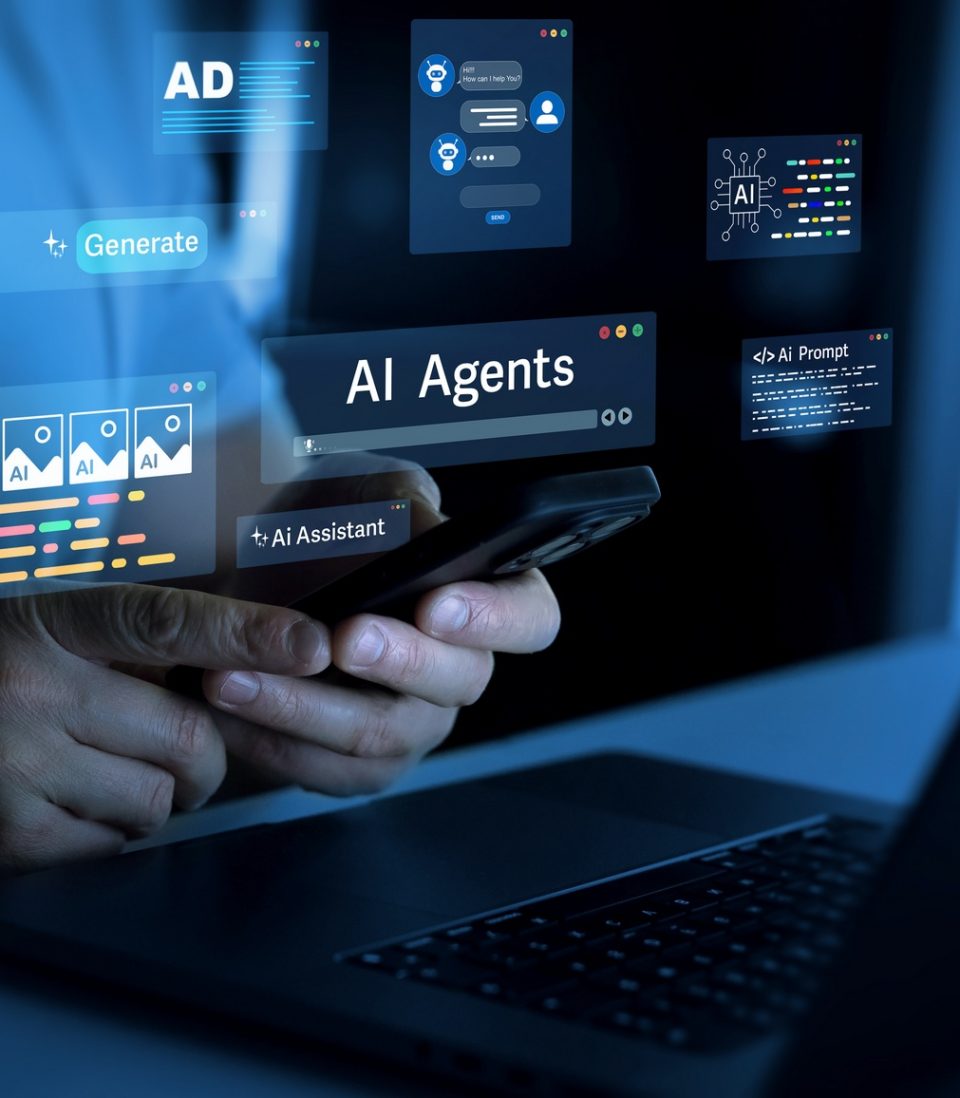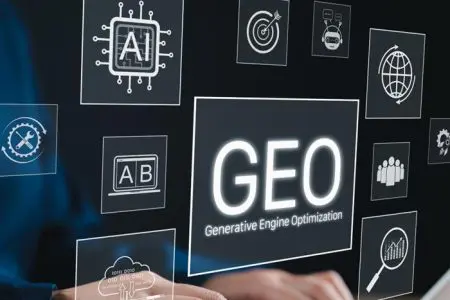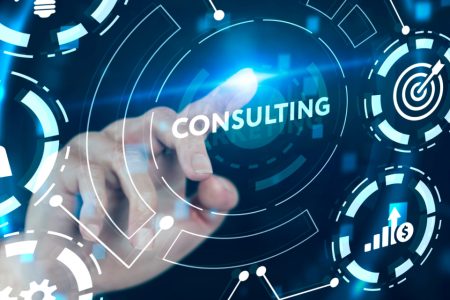In mid July 2025, OpenAI unveiled ChatGPT Agent (Available now to ChatGPT Pro, Plus, and Enterprise subscribers) – representing a major leap from conversational AI to autonomous digital workhorse. And before you think it: This isn’t just another AI or LLM to join the ever-growing list of options; it’s a full-blown agent capable of “thinking” and acting on its own.
But what does “thinking and acting” mean, and what might the implications be for digital marketers?
Let’s go through it together…
What exactly is ChatGPT Agent?
ChatGPT Agent combines three former tools in a single seamless, unified system:
- Operator for web actions (clicking, navigating).
- Deep Research for multi-page intelligence gathering.
- ChatGPT’s own reasoning and conversational fluency.
It runs within a secure virtual computer, complete with visual browser, text terminal, and API connectors (e.g. Gmail, GitHub), so it can browse the web, fill forms, run code, create editable slide decks and spreadsheets, and even make purchases or calendar bookings (with user permission).
So, in theory, you can ask ChatGPT Agent to complete full processes from start to end, such as:
- Design a flyer from a brief and get them printed and delivered, with minimal involvement required.
- Research and book a table at a restaurant.
- Search for services you need and contact companies to get quotes, and then make a decision on confirming those services.
Why marketers should be paying attention
1. Automated research & competitive insights
Imagine instructing the agent: “Analyze our three top competitors, extract their latest landing page strategies, and build a comparison deck.” Previously a research team’s multiday task, now achievable in minutes. Fully summarized, sourced, and exportable for client-ready delivery.
As with all AI/LLM advances, it’s bound to be a little clunky to begin with, but with practice there’s every possibility that endless deck work becomes a thing of the past, freeing marketers up to do the tasks that drive change.
2. Content & campaign assembly
From keyword research to drafting ads, generating graphics, and uploading to CMS or ad platforms – there is a distinct possibility that basic tasks can be orchestrated end-to-end. Even better: tasks can be set on a recurring schedule (e.g., weekly performance reports) without manual intervention.
Those first few months working with a new client, when everyone is finding their feet and getting fully bedded into the journey? With the right approach, it could be a thing of the past. We could all be up and running within hours of taking on a new account.
3. Precision execution with human oversight
The agent pauses for confirmation before any critical or irreversible action, whether that’s sending emails, making purchases, or altering calendars, ensuring full control without sacrificing automation.
Rather than having to perform every action in a chain of events, ChatGPT Agent will function like a personal assistant. Pushing tasks forward and only getting you involved when a human decision needs to be made.
4. True multichannel workflows
No more back-and-forth between tools and tabs. The agent handles web navigation, file processing, research, and scheduling, all from one interface, making it a powerful antidote to fragmented marketing stacks.
Rather than having multiple people across multiple disciplines who all need to be kept on track, ChatGPT Agent could run every stage of a multichannel workflow, applying learnings from one stream across other streams automatically and (potentially) in real time.
The future of digital marketing: From chat to autonomy
Of course, there is always the looming threat that AI could be used to replace entire jobs, and ChatGPT Agent probably represents the largest jump forward on that particular timeline.
However, I see a future where, rather than replacing people, Agent becomes a personal assistant at every level, freeing humans up to do the thing that humans do best: Thinking, empathising, and creating.
Here’s how that could look at a very basic level:
Current Phase: Chat > Ideation
- ChatGPT Agent Skills: Research, brainstorm, draft.
- Impact: Speeds workflow and enhances creativity.
Current Phase: Execution
- ChatGPT Agent Skills: Multi-step actions, connectors, browsers.
- Impact: Reduces manual labor.
Current Phase: Automation
- ChatGPT Agent Skills: Scheduled analyses, competitor tracking, campaign optimization.
- Impact: Scales strategic output.
Current Phase: Orchestration
- ChatGPT Agent Skills: Continuous, agent-led campaigns.
- Impact: Redefines resource allocation.
What this means for agencies and brands
In my opinion, AI should never be used to replace humans. Much like humans invented the axe to make cutting wood easier, AI should serve as a tool we wield to speed up the process. As much as the axe saves a lot of time compared to bashing trees with a sharp rock, AI agents can supercharge all the tasks that humans can do with their eyes shut.
- Efficiency: Marketing ops, creating based reports, and basic campaign builds can be automated, freeing teams to focus on strategy, creativity, and client relations.
- Personalization at scale: Automatically pull in real-time data, custom-design decks, and deliver hyper-targeted campaigns on auto-pilot.
- Competitive edge: Be first to uncover emerging trends, benchmark performance, and adapt – all with minimal lead time.
- Lower costs, higher ROI: Field minimal manual support for routine tasks while maximizing strategic output and economies of scale.
But… it’s early days
Yes, it’s powerful. But OpenAI reminds users that AI is nowhere near perfect:
- Formatting issues: Slide decks or spreadsheets may not be polished out of the box.
- Security still matters: Agentic autonomy introduces risk. OpenAI uses sandboxing and stop/gate permissions, but oversight remains crucial.
- Expect quirks: It’s beta-level, and may make mistakes. Human review is non-negotiable.
So, at the time of writing, we can think of AI Agents more like an intern, junior specialist or assistant: Able to do 90% of the work needed to do the task, but with that crucial 10% extra only unlocked by someone with more experience.
So… what should you do?
The big question. As with all emerging technologies and trends, there is going to be huge pressure on everyone to adopt early to avoid being left behind, which can feel like a bit of a rat race.
However, you can boil the next steps down to the following:
- Experiment with internal workflows – Identify recurring tasks (reports, benchmarks, competitor scans) and pilot them through the Agent.
- Develop templates – Agree and standardize research prompts within teams, as well as deck structures, and analytics frameworks to streamline output.
- Train your team – Teach staff how to specify tasks clearly and when to intervene for high-stakes actions.
- Track outcomes – Measure time saved, mistakes reduced, speed-to-insight, and cost efficiencies. Data today will drive agency differentiation tomorrow.
That last point is particularly important! There’s no point in trying to fix a bottleneck without realising you’re introducing a much more complicated bottleneck. Finding the best balance that works for you will be key, so make sure you benchmark everything you currently do and then compare to any ChatGPT workflows so you can base decisions on more than just assumptions.
Some final thoughts
ChatGPT Agent marks a generational shift toward agentic AI. As Brad Lightcap (OpenAI COO) explained, this is about autonomy and problem-solving in new territory. For marketers, that means stepping past ideation and execution, into autonomous digital orchestration.
Adopting this early isn’t just about working smarter, it’s about shaping the future of marketing itself. And when you’re shaping the material, you decide what the end product should be. A plate is useful for food, but terrible as a container for flowers.
Let's collaborate
Partner with us
Let’s work together to create smarter, more effective solutions for your business.
Related blogs
Who we are
Explore how our culture and expertise fuel digital innovation
Join us








